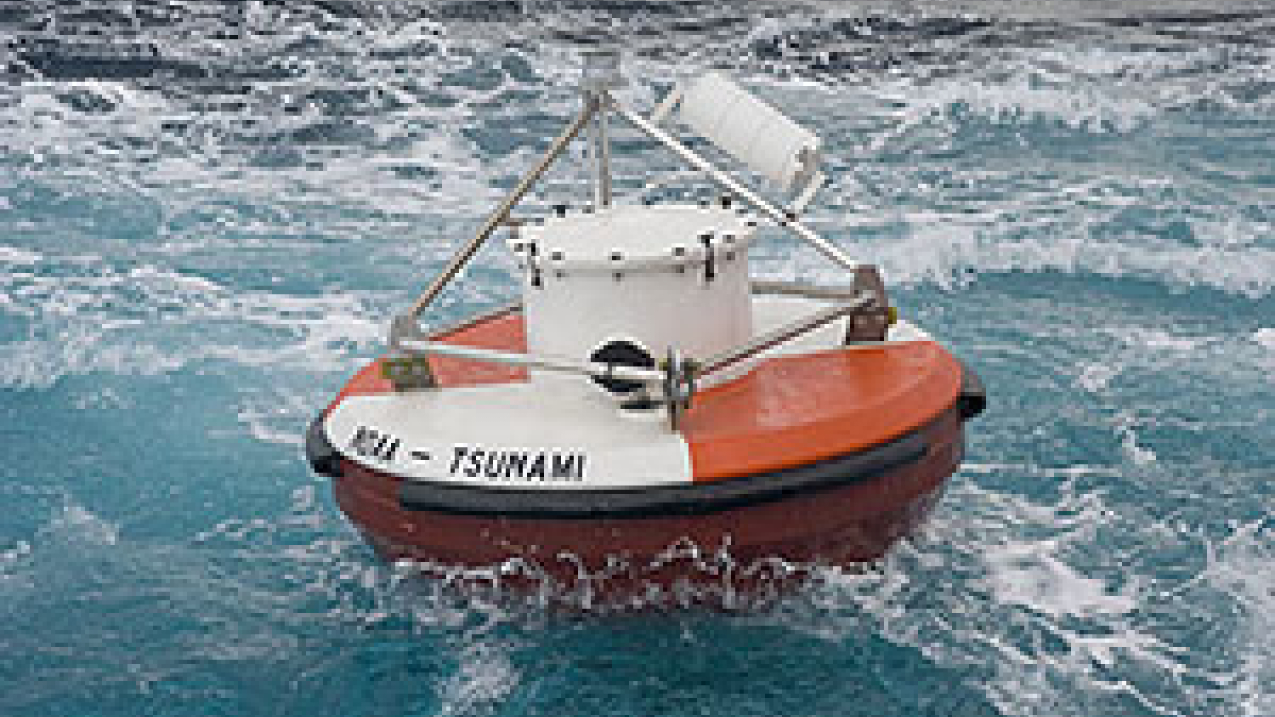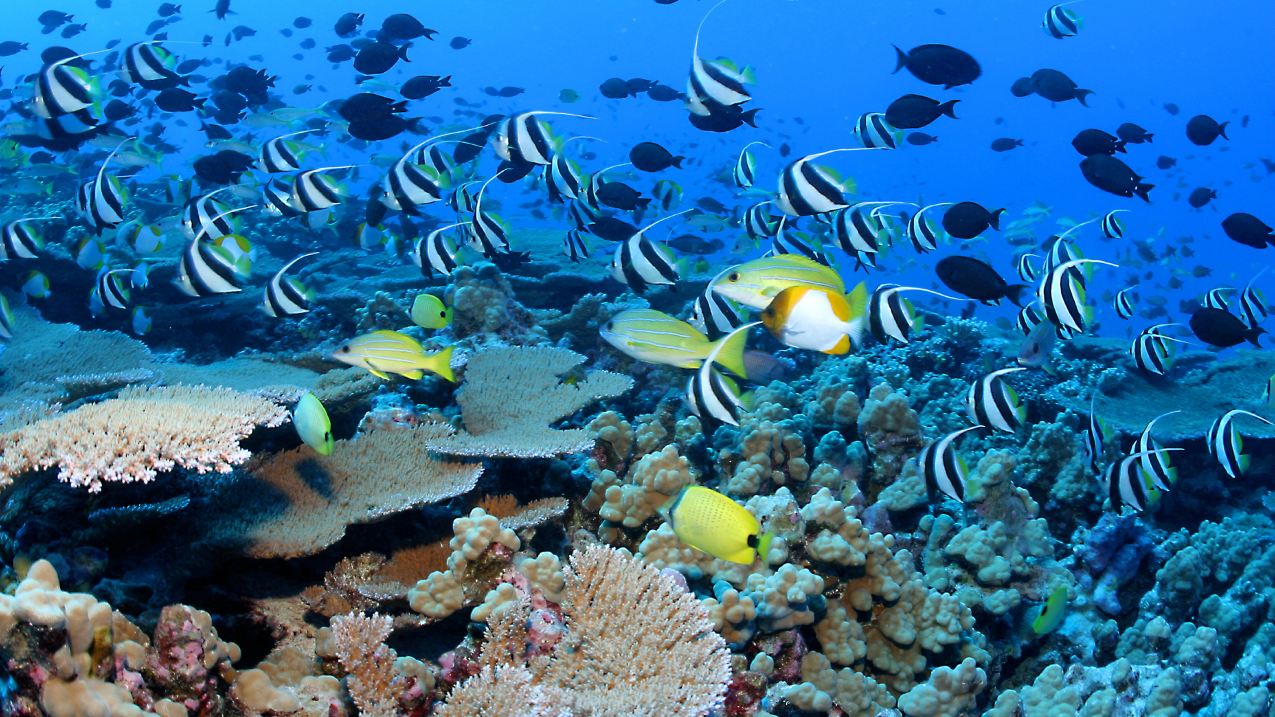On May 5, 2017, the Consolidated Appropriations Act, 2017 (Public Law 115-31) was signed into law. Section 113 of the Act provides that “no person shall conduct any research, exploration, salvage, or other activity that would physically alter or disturb the wreck or wreck site of the RMS Titanic unless authorized by the Secretary of Commerce per the provisions of the Agreement Concerning the Shipwrecked Vessel RMS Titanic. The Secretary of Commerce shall take appropriate actions to carry out this section consistent with the Agreement.”




